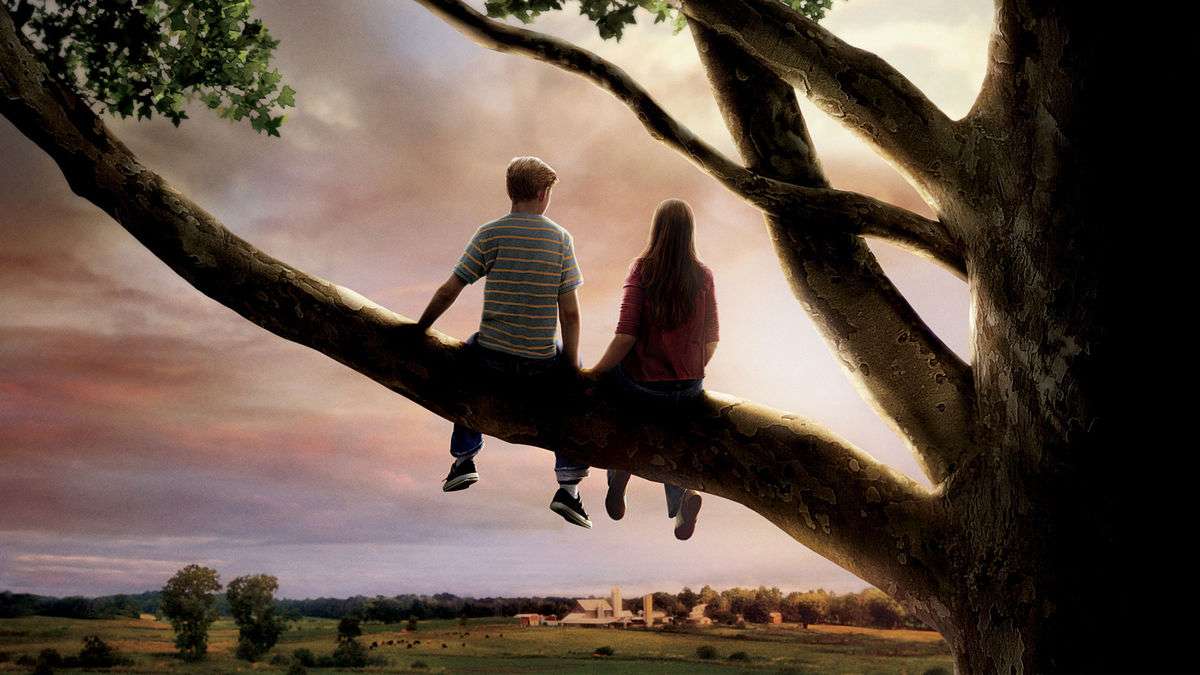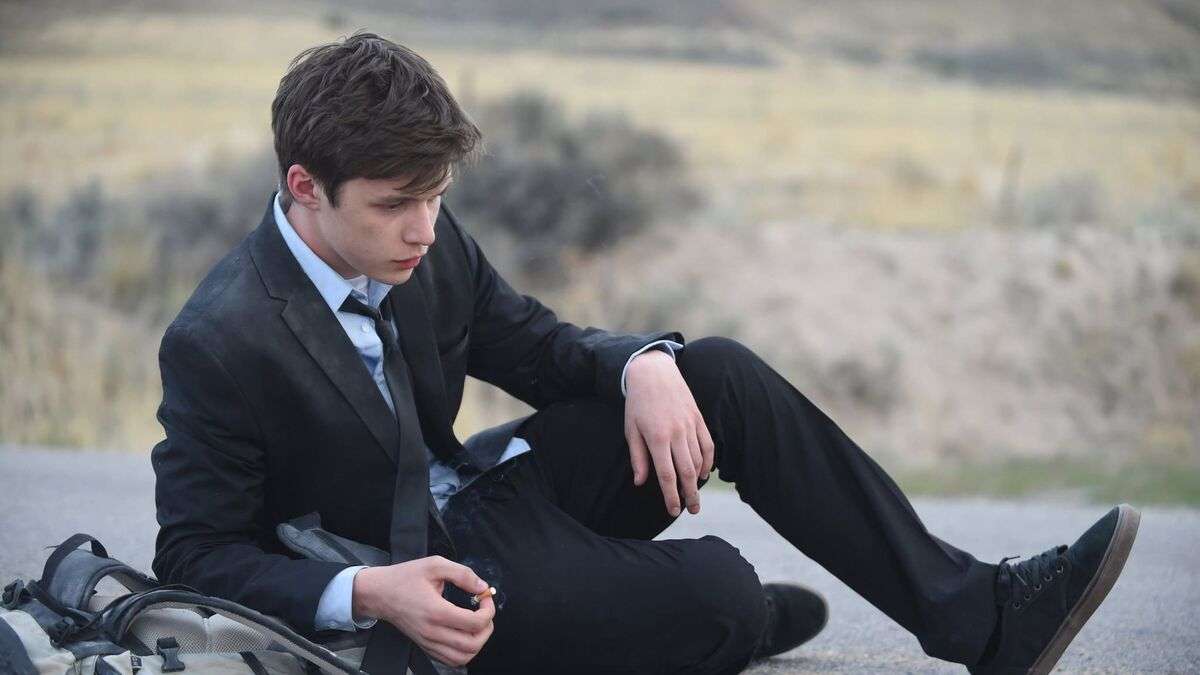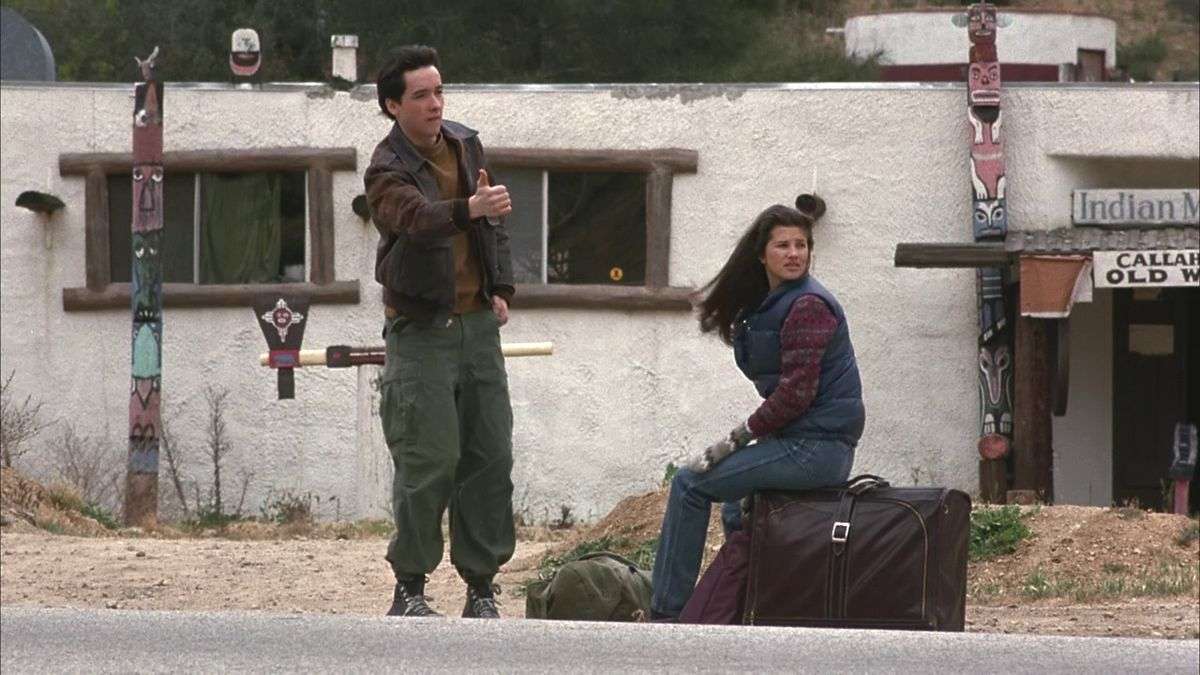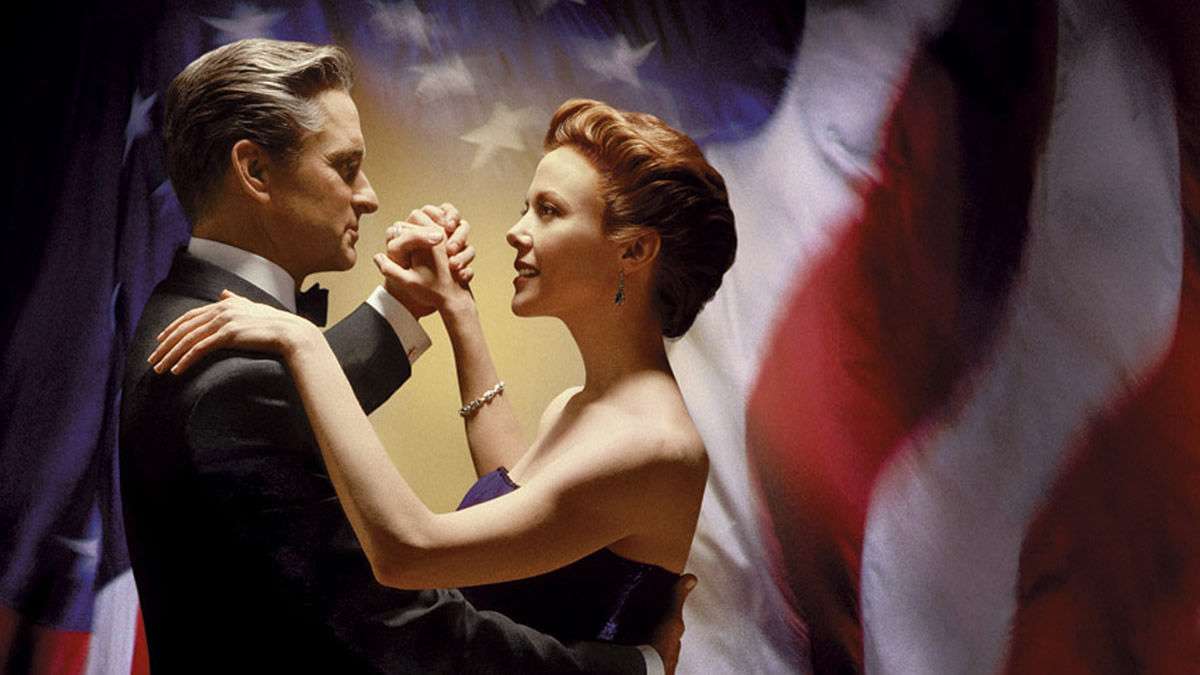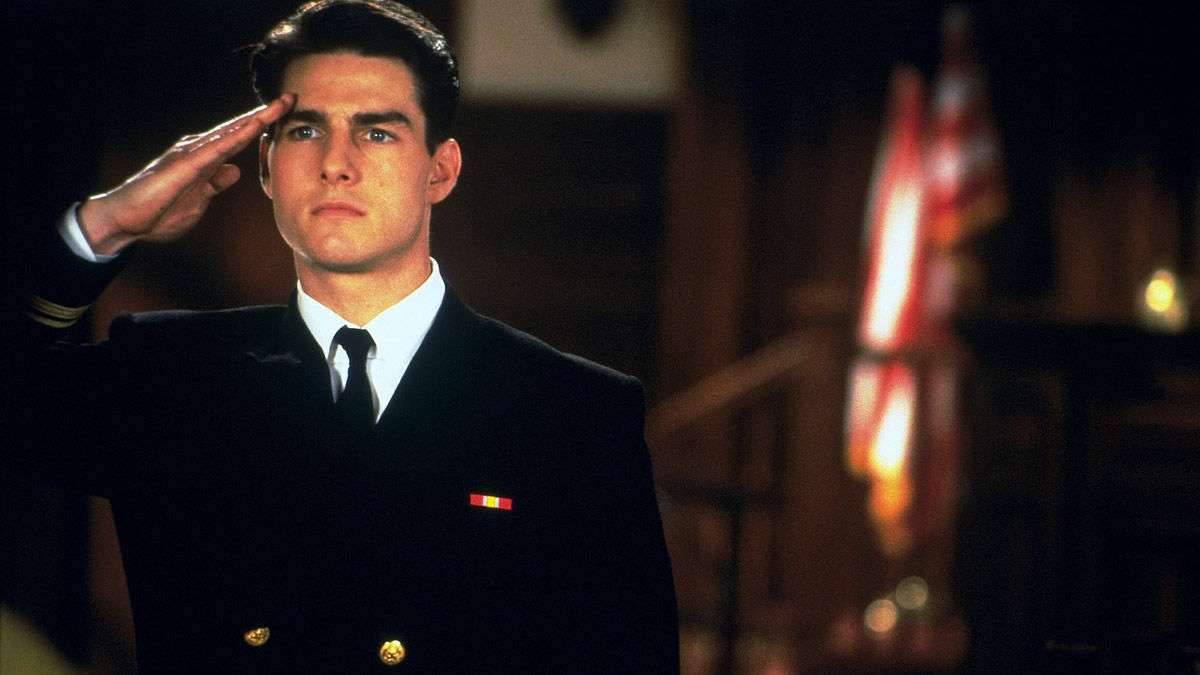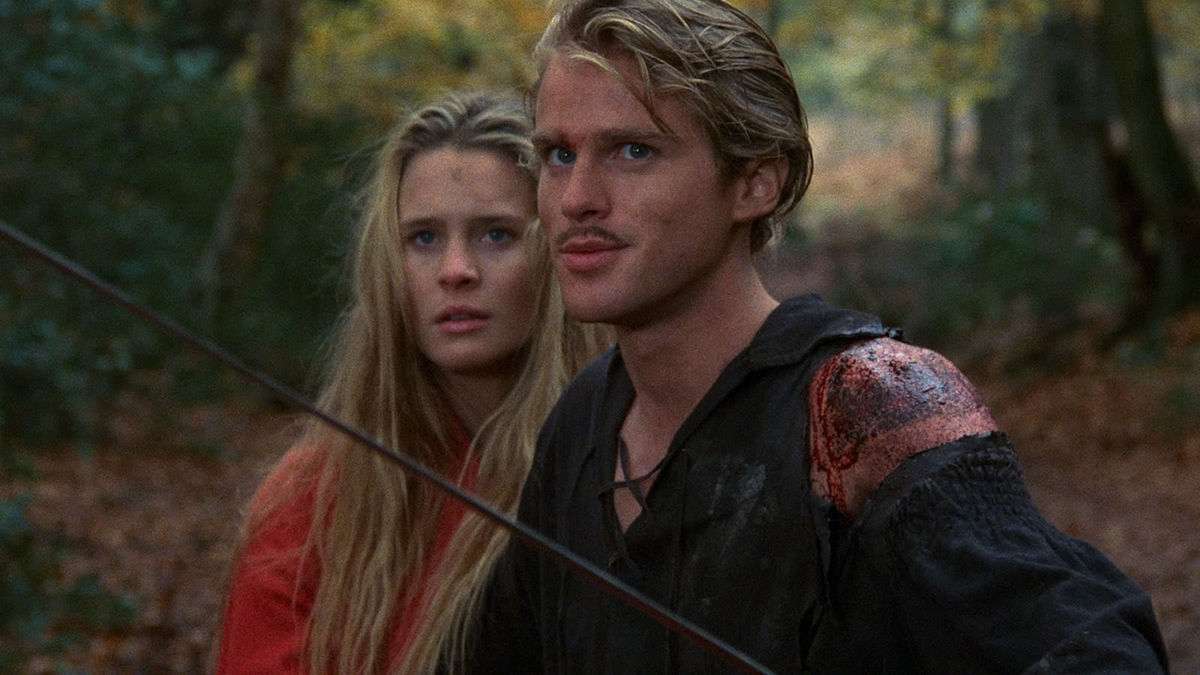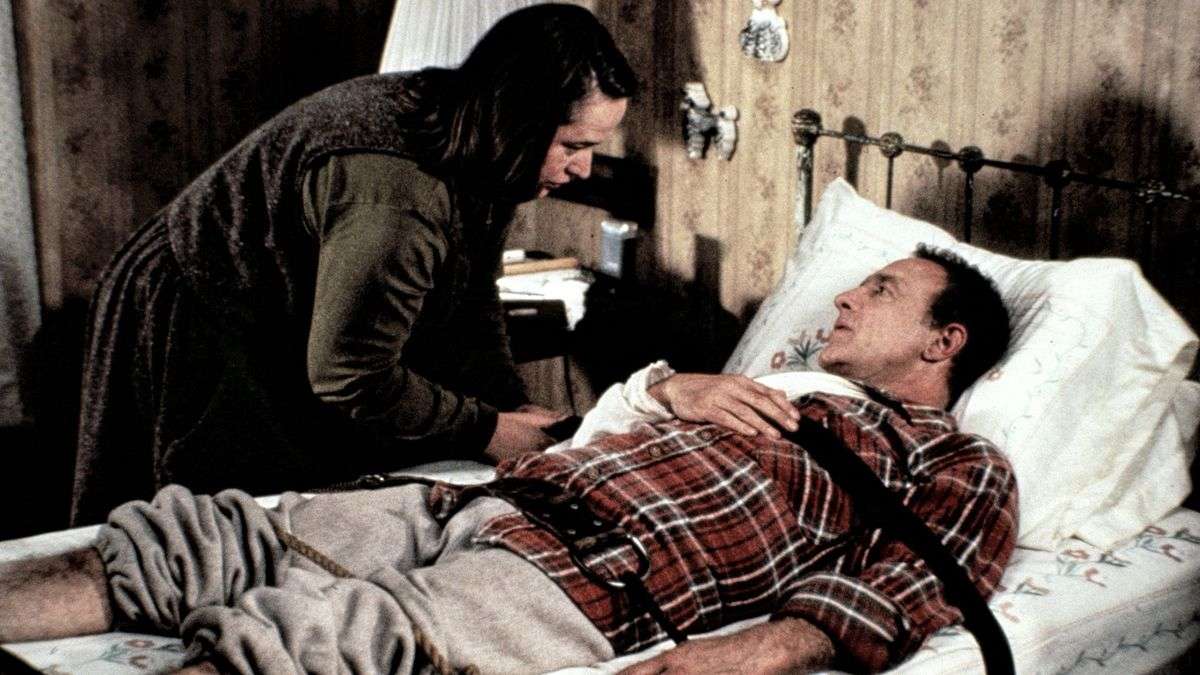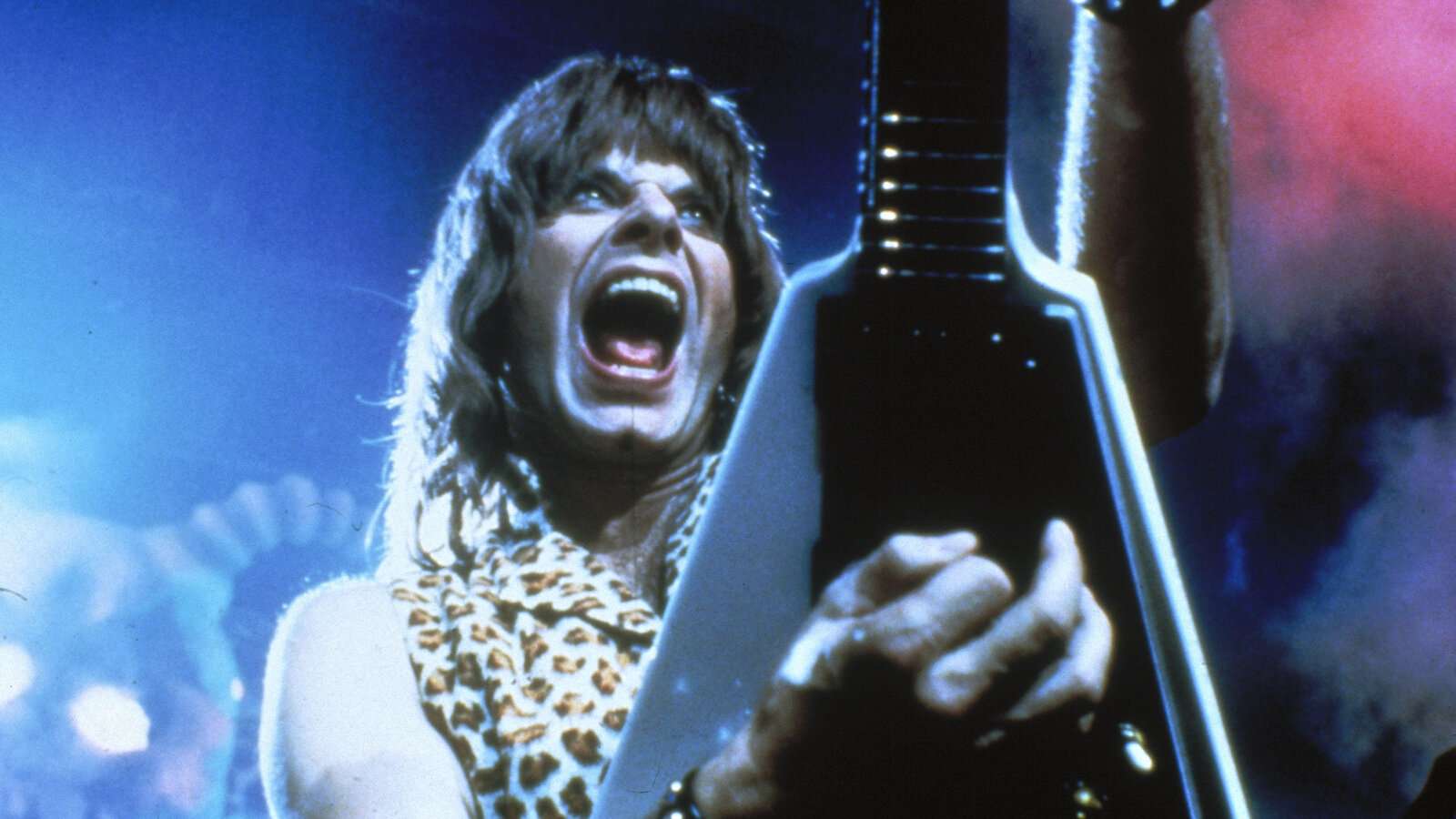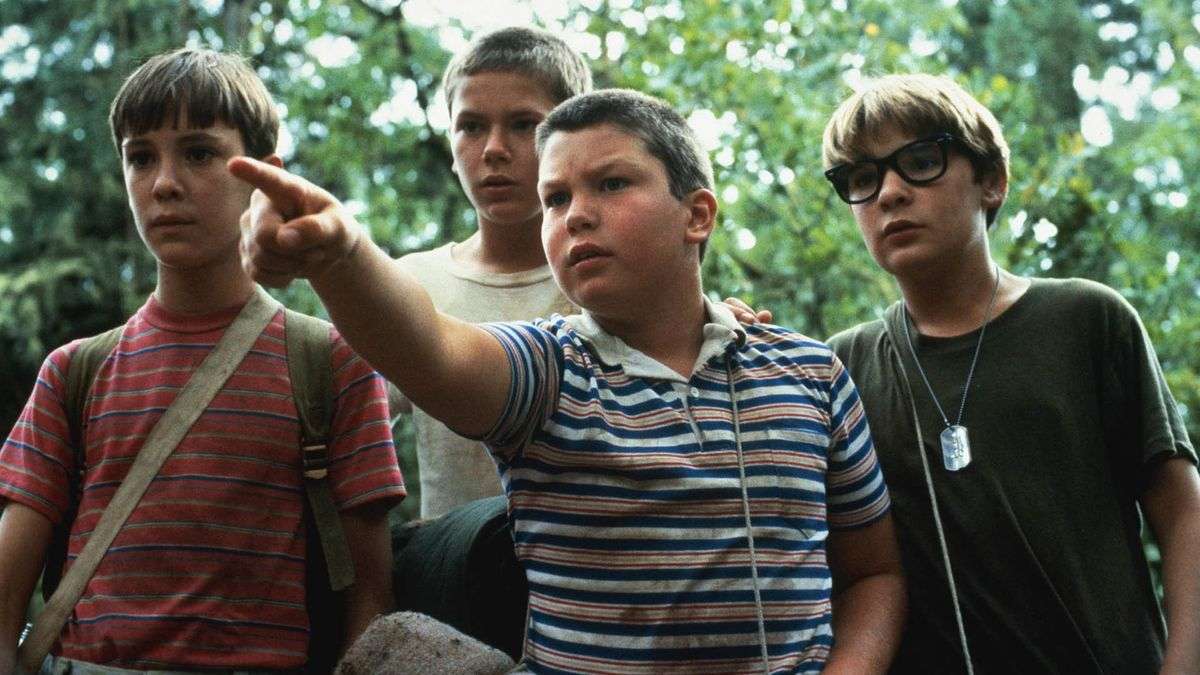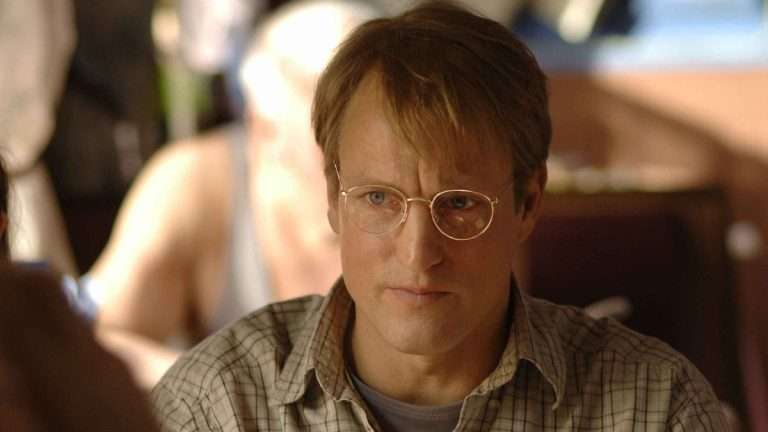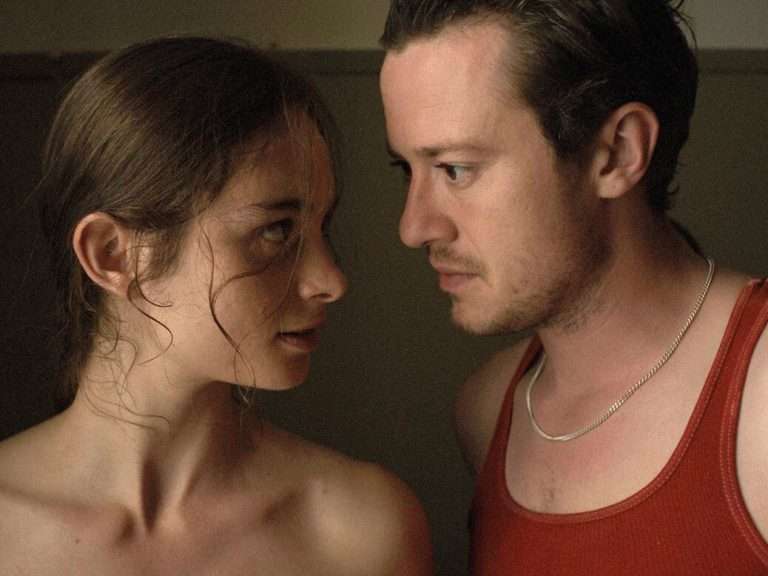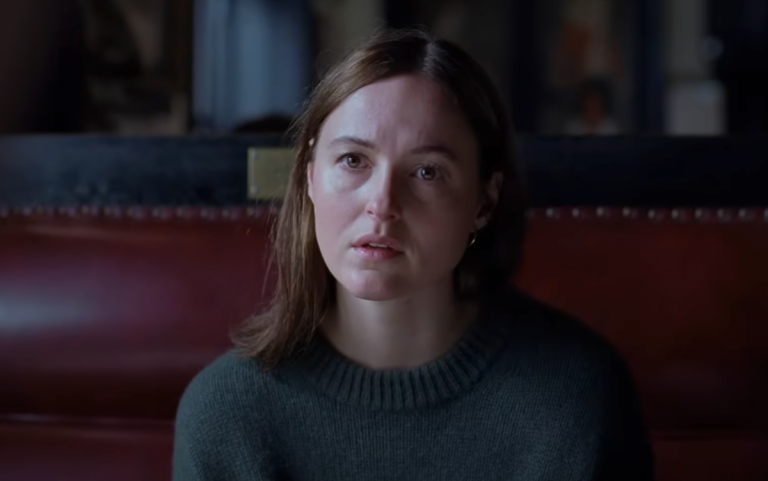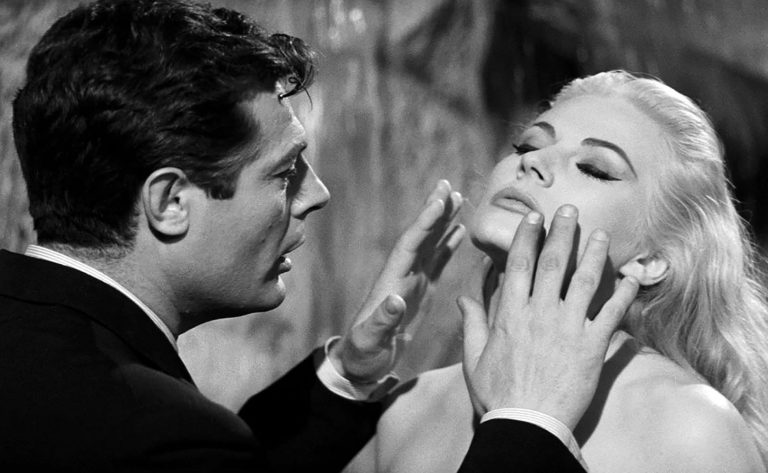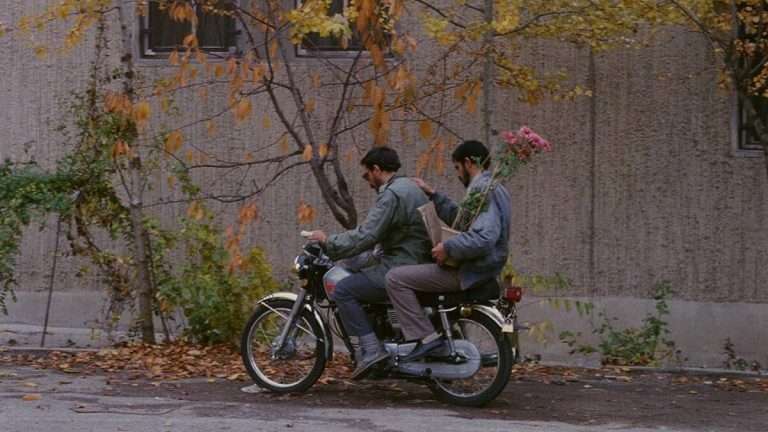A staple of 80s filmmaking and one of the few directors who could logically be called an institution, Rob Reiner had a run in his filmography that only a few could have achieved. A shocking death arriving at a year where such long-held institutions slowly seem to be exiting the mortal coil, Reiner’s films were definitively responsible in influencing American perspective and presenting that to the world at large for decades.
A steady-handed director with less of an auteurist stamp and more of a journeyman sensibility, the best of Reiner’s films is always a collaborative endeavor—at once a substrate of fantastic writing, talented artists, and Reiner’s direction that, at its best, never interfered in the writing process. That resulted in him producing studio comedies that were influential in its intelligence, but at his worst (in a 30-year-spanning career), it makes you wonder about the nosedive in quality.
The top seven or eight films are the ones that would always put Reiner in the company of the Greats. Beyond those, though, it has been a pretty herculean effort to separate the grain from the chaff.
10. Flipped (2010)
This 2010 offering by Rob Reiner, from a screenplay by Reiner and Andrew Scheinmann and adapting the novel of the same name by Wendelin Van Draanen, follows the story of two eighth graders and a relatively realistic depiction of their relationship as they slowly start to understand their feelings for each other. What makes “Flipped” interesting are the dual perspectives applied to show singular events from different lenses.
It brings forth a verve within the storytelling propensity to jump between point (Bryce) and counterpoint (Juli) and yet not completely lose out on the innocence of the progression of the love story of two kids from middle school to high school. It also helps that the two perspectives are also applied to the families of Bryce and Juli, highlighting the differences amidst the same economic substrate (suburbia). The film makes for an interesting double feature with Reiner’s own “Stand by Me,” which will also appear in this list, and whose narrative also covers a few years before the events of “Flipped.”
9. Being Charlie (2015)
This 2015 Reiner directorial is a drama film with a screenplay written by Matt Elisofon and Reiner’s son Nick Reiner, based somewhat on young Reiner’s own story of rehab. It follows troublesome 18-year-old Charlie (Nick Robinson), who breaks out of a youth drug rehab clinic to return home, only to be faced with an intervention from his parents. Forced to enroll in adult rehab and later progress to a halfway house, Charlie meets fellow addict Eva and has to contend with toxic relationships, friendships, and a strained relationship with his parents, especially his father.
Perhaps it is true that any sort of creative spark or even a creative comeback could only be achieved in a deeply personal space. The movie, thus being somewhat autobiographical, helps in that regard, though it lacks the consistent raw treatment the best of these movies exhibit. There is, however, honesty and acknowledgment of the privilege, and thus confidence in the indiscriminate nature of addiction, irrespective of class, race, or economic status.
As a Reiner film, it is fascinating because of the sense of dynamic energy he brings to the frames and the overall edit. Since it is Reiner, he always tends to bring in the treacle saccharinity that would ultimately squander the potency of the storytelling, but that is somewhat wisely pulled back here. While not the cleanest or most compelling of films, it is one of Reiner’s late-era films that is the most emotionally effective, and Nick Robinson’s performance, too, helps in that regard.
8. The Sure Thing (1985)
Reiner’s sophomore effort is a 1985 American romantic comedy Christmas road film that follows two unlikely college students with polar opposite personalities who are stuck together on a cross-country journey to meet their idealized partners. “The Sure Thing” might have originated as a mild tweaking of the raucous teen comedies of the 80s like “Porkys” (with their brand of creepiness). Still, the tweak he brings is one that he would carry throughout his career as a director: sincerity.
As a result, this teen comedy, coming of age and road movie, works surprisingly well despite its somewhat rote plot because of that sincerity and also because, in some instances, the comedy genuinely hits due to it being light-footed and conversational rather than over-the-top and slapstick.
But the standout of the film is John Cusack as Gib, the beer-guzzling slob who is part charming, part sleazy, part earnest, and very much conflicted on which part of those personality traits he should lean into on his cross-country road trip. Cusack is one of the primary reasons why the charm never lets up, even though his chemistry with Zuniga is mildly suspect. It makes the movie memorable and a part of this list, though not one of those films that vaulted Reiner into the stratosphere.
7. The American President (1995)
This 1995 political rom-com Reiner directorial is the first in this list, highlighting the partnership between Reiner and a superstar writer. In this case, the writer is Aaron Sorkin. Sorkin’s funny yet sharp script follows the blossoming relationship between President Andrew Shepherd (Michael Douglas) and environmental lobbyist Sydney Ellen Wade (Annette Benning) and how that affects the president’s political career, especially his efforts to pass a crime control bill to ensure re-election.
“The American President” is the movie to thank if someone wonders about the origin of the Sorkin ‘walk-and-‘talk’—story threading with dialogue and plot progression. Rob Reiner is deft with the romantic genre. Still, Reiner and Sorkin are interested in how it affects the political sphere, especially as massive as the presidency, rather than the intricacies and chemistry of the romance itself.
As with all things Sorkin, the speeches are memorably dynamite, but the overall demeanor and American outlook are so divorced from the current climate that the events of the movie and the dynamics of the office of the President feel fantastical, almost Capra-esque. A President or President-elect being articulate and nuanced is in itself the most outlandish bit of it all, but even with that naivete, it oddly feels aspirational. That in itself is a compliment for Reiner and Sorkin, with this paving the way for Sorkin’s magnum opus, “The West Wing.”
Similar: A Lookback at The Unofficial Oliver Stone US Presidents Trilogy
6. A Few Good Men (1992)
Based on Aaron Sorkin’s 1989 play of the same name, Rob Reiner’s adaptation, with a screenplay also written by Sorkin, follows cocky military lawyer Lt. Kaffee, his co-counsels Lt. Commdr Galloway and Lt. Weinberg as they are assigned to the murder of a marine and the court-martial of the two fellow marines charged with the murder. As the movie progresses, it leads to the uncovering of a hazing ritual that might implicate many high-ranking officials, including the no-nonsense Col. Jessup.
This list would be guilty of repeating this sentiment, but in most of Reiner’s films, the script is the star. Here, it is overwhelmingly so. The stakes are clearly defined, as are the potential conflicts and how the final decision—to put Jessup on the stand as a last-minute resort—feels earned within the narrative construct. The caveat is how the narrative never sheds its identity of being written for the stage, with many moments warranting an over-the-top performance designed to play to a crowd.
Jack Nicholson is the one who comes out unscathed. Tom Cruise is undeniably charismatic, bringing an idealism that complements Sorkin’s perspective of fanaticism within the structural hierarchy of the military. Directorially, Reiner does try to bring a lot of dynamism and some form of cinematic language to Sorkin’s theatrical script, subtly complementing it.
Also Read: 25 Great Trial Films of All Time
5. When Harry Met Sally (1989)
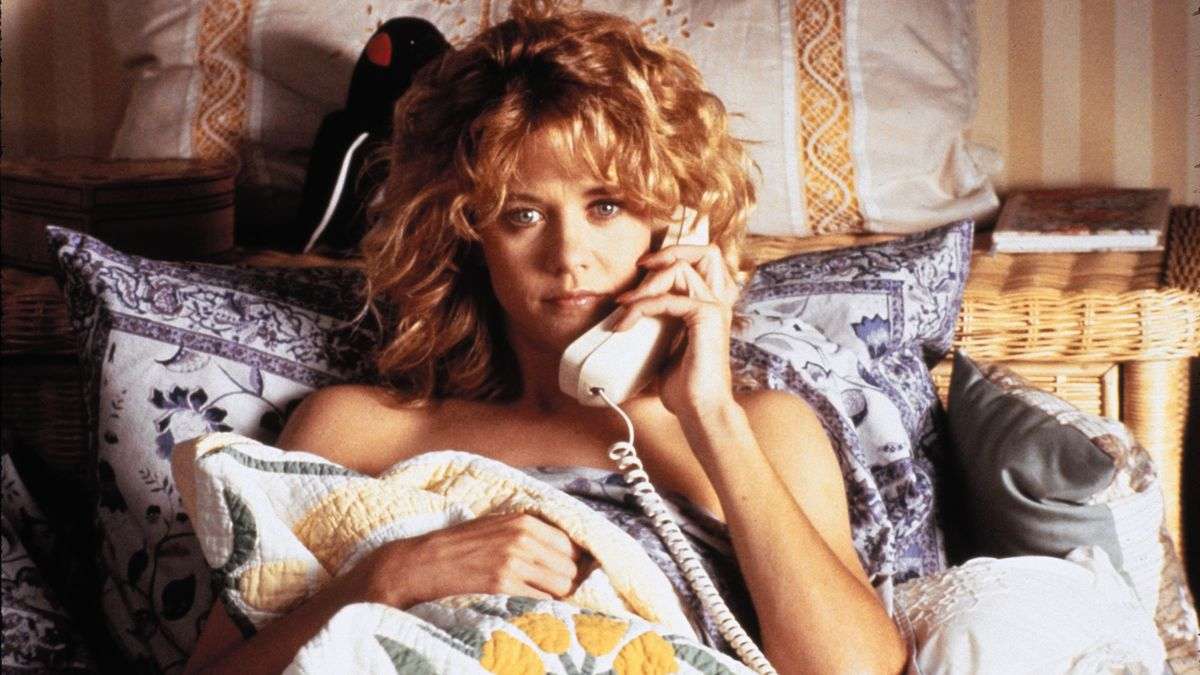
Out of the big five movies that define Reiner’s filmography, this might be the most memorable or quotable one for the audience. From a script by Nora Ephron, this 1989 romantic-comedy-drama film starring Billy Crystal and Meg Ryan as the titular Harry and Sally follows these characters from the time they shared a drive to New York to chance encounters within twelve years, questioning the existence of platonic friendship and whether that would be possible for these two characters.
The wrap-around scenes—older couples ruminating on how they met—are organized by Ephron based on true stories. The overall character dynamics and arcs of the narrative are entirely dependent on the collaborative effort between Ephron and Reiner. As with “Being Charlie” (2015), Reiner’s notable works always have a personal touch, and he imprints a bit of his acerbic thoughts about romance into Harry, while Sally is based on Ephron’s own experiences.
There is a fun and witty energy in every frame, which underscores the maturity of the characters as they grow older and navigate through relationships, as well as insecurities originating while jumping into the dating pool. It’s a fun prism through which universal experiences can be explored, and Reiner manages to bring that relatable touch to the film. The push and pull between platonic friendship and romantic relationship is now a tale as old as time. Still, few movies execute it as well as this, with the bantering between Harry and Sally almost arguing for their friendship, and the chemistry between Crystal and Ryan contributes tremendously on that front.
4. The Princess Bride (1987)
Arguably one of Reiner’s most famous films (some argue it is the defining film in his filmography), “The Princess Bride” is a fantasy adventure comedy film that explores the fairy tale through a cracked mirror. Adapted by the great William Goldman from his 1973 novel of the same name, it follows a swashbuckler named Westley, accompanied by the companions he would befriend on the adventure, as he tries to rescue his true love, Princess Buttercup, from the loathsome Prince Humperdinck. The movie also adapts the wrap-around structure of the fairy tale being narrated by a grandfather to his convalescent grandson.
“The Princess Bride” deftly comments on genre tropes and subverts them without getting in the way of the story itself. Goldman’s script boasts fantastic one-liners and some clever observations laced with the typical light-hearted Goldman snark, but there isn’t a mean streak in the film. “The Princess Bride” loves the genre; it is lampooning, and thus the overall plot is also a fun, romantic, swashbuckling romp.
Reiner directorially navigates through each plot point, obstacle, and emotional thread without missing much of a beat while keeping the pace intact, allowing each character—in quite a substantial ensemble—to shine. And while Reiner is prone to letting actors go off on their improvisation bits (like Billy Crystal), he wisely pulls it back with the aid of the anachronistic narrative and the rock-solid pace of the same.
3. Misery (1990)
Based on Stephen King’s 1987 novel of the same name, this psychological thriller centers around novelist Paul Sheldon (James Caan). After he crashes his car on a snowy Colorado road, he is taken in and cared for by an obsessive fan, Annie (Kathy Bates). That obsession takes a dangerous turn when the manuscript of his latest novel ends unsatisfactorily for her, and she forces the temporarily disabled author to revise the story, almost at the risk of his own life.
The trio of Rob Reiner, Stephen King, and screenwriter William Goldman, who adapted the King novel for the film, is the secret sauce of this movie. Kathy Bates’ portrayal of Annie Wilkes, at once over-the-top and yet strangely melancholic and lonely, provides a strange form of poignancy once you realize that modern-day fandom and their aversion to change or any form of newer ground to cover by the author or the creator have given rise to many such Annie Wilkes’.
At its core, “Misery” is about a creator’s engagement with the fandom and how dangerous or mentally exhausting it can become. It is a terrible privilege, and perhaps Sheldon screaming, “You want it, eat it?” feels more cathartic as a result. King, through his mouthpiece, screams to his fandom to get off his back and let him try something different.
Reiner’s direction is effective in the claustrophobic moments, where he is very good at shifting between whimsy Americana and horror with the flick of a finger. While Bates’ performance justly deserves all the accolades, Caan’s restrained, straight-man performance deserves praise. He works as the complete opposite foil of Wilkes, and his dry sense of humor accentuates those moments. Reiner takes great note not to draw attention to the jokes but rather to view them as intentionally perfunctory, part of the character.
2. This is Spinal Tap (1984)
Reiner’s feature directorial debut is also the closest Reiner comes to exhibiting auteurist tendencies in his direction. From a script written by him as well as Christopher Guest, Michael McKean, and Harry Shearer (on account of the film being mostly improvisational), “This is Spinal Tap” is a mockumentary film about the fictional heavy metal band Spinal Tap and its members. Reiner plays Marty Di Bergi, a documentary filmmaker who documents the hijinks of the band members on their American tour.
It’s fascinating to watch the beginnings of a new genre—mockumentary—as well as the improvised screenplay writing that would slowly take over Hollywood comedies in the ensuing decades, which Reiner essentially pioneers in this film. What makes Reiner’s “This is Spinal Tap” so clever are the intentional callbacks to the histories of real bands like The Beatles or The Stones, but also in how much the film is intent on skewering the artistic and business bubble that exists within this group. There is a goofiness and resplendent idiocy that is only enhanced by Reiner himself as Marty Di Bergi. He is the perfect straight man who isn’t affected by the stupidity or delusion exhibited by the band members and the rest of the music industry.
Through this, Reiner comments on rock n’ roll culture, rock bands, and music documentaries and their hagiographical structures, especially ones with a highly specified aesthetic and editing style like those produced by PBS. But what also makes this mockumentary stand out from its countless successors is the true affection exhibited towards these goofballs. Thus, it provides them with genuine pathos, eliciting affection for these delusional idiots that make this movie a treat to watch and rightly so high up on the list.
Check Out: Spinal Tap II: The End Continues (2025) Review
1. Stand by Me (1986)
Based on Stephen King’s 1982 novella The Body, Rob Reiner’s 1986 directorial follows four Oregon boys as they set out on a journey to see the body of a stranger accidentally killed near their homes in the fictional town of Castle Rock. This adaptation from a screenplay by Bruce A. Evans and Raynold Gideon explores how the adventure fable becomes a defining coming-of-age drama.
Through the eyes of Gordie Lachance (Wil Wheaton) and his friends while on a quest to check out a dead body found in the forest, King shows the power of unbridled nostalgia without sugarcoating the harsh realities of life. As much as the vernacular of the kids is rather uncouth and the older bullies are suitably exaggerated like King’s human villains usually are, there is a kindness to “Stand By Me” that most of his other stories lack. It’s similar to his other defining work about teenagers but without the fantastical dread. One can argue that the lack of the fantastical and the injection of reality are even more effective for this film.
The kindness that complements the harshness of Americana makes King one of the few real storytellers about America in general, and Reiner, as the director, is his most unobtrusive self. But there are moments of light, feathery directorial touches, and how Reiner coaxes out performances that are heart-touching, even tending towards devastating.
“Stand by Me” is about triumph obtained from individual small moments and how storytelling is essentially the reconstruction of these individual elements with embellishments of grandeur. The 80s sheen utilized in depicting the nostalgic vision of Americana never overpowers the harsh nuances, and that’s down to Reiner’s capability to remain level-headed as a director that fully complements the poignancy of the material. It’s easily one of the best of Reiner’s films.

